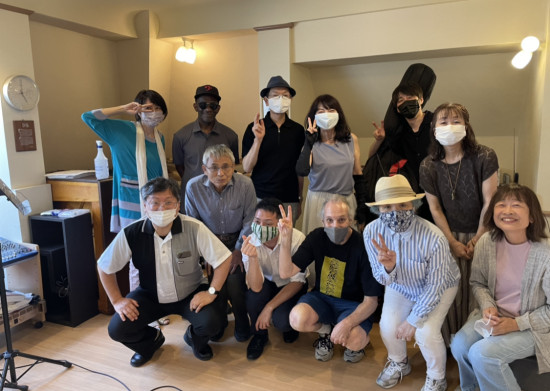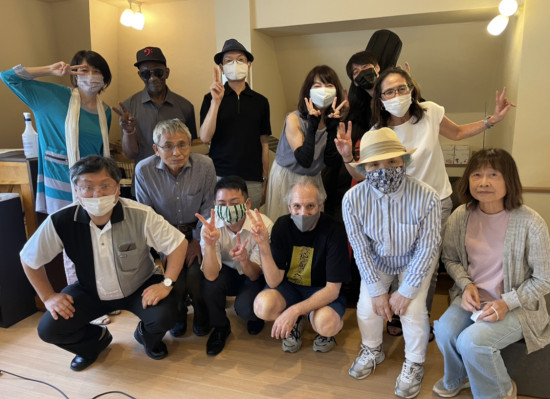東京オリンピック
競技場のデザイン、ロゴ、開会式の演出家/作曲家の解任/辞任、新型コロナウイルス… 歴史上、前代未聞の大会がスタートしました。パンデミック禍の開催で、賛否両論。 国民の気持ち/専門家の意見/天皇陛下のお気持ちなどに対して、具体的な説明もなく、頑なに推し進めてきた政府/IOCに対する不信感が募りましたが、今後、パンデミックなど予期せぬ事態に備え、全てを統括するIOC側、主催国、参加国、WHOを含む専門家間でしっかりとしたガイドライン/リスクマネジメントを確立する契機になる事を切に願います。
Despite negative polling from medical professionals, Japanese citizens, and even the emperor, and without a clear and/or persuasive argument for proceeding with the games in a time of pandemic, the IOC nevertheless, in conjunction with the Government of Japan, has decided to press on with the scheduled launch of the Tokyo Olympics. As to the reasons the event is held at all given the unprecedented fact of a global pandemic, I sincerely hope this occasion will serve as a springboard for the IOC to develop clear risk management guidelines for future Olympics.

